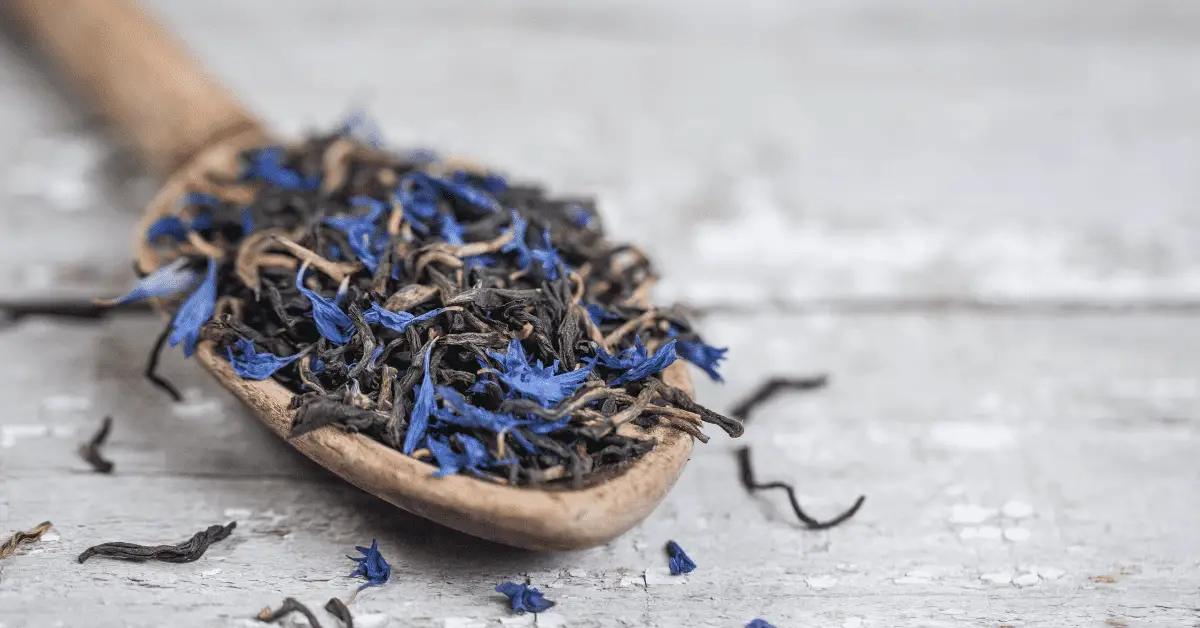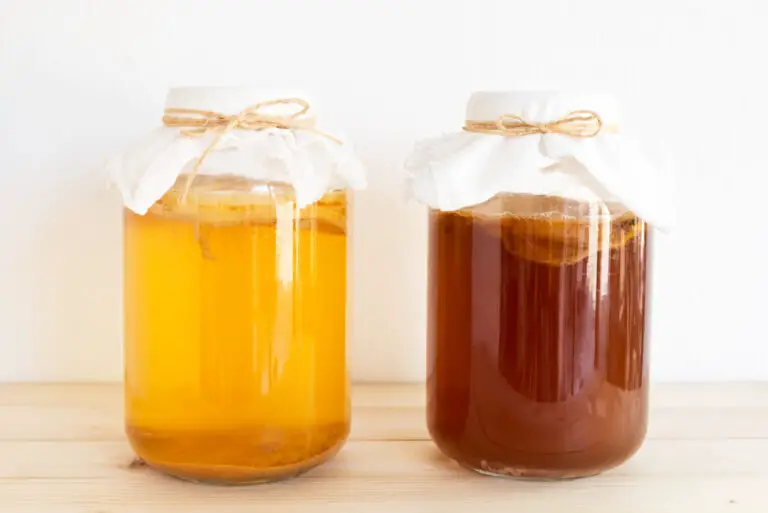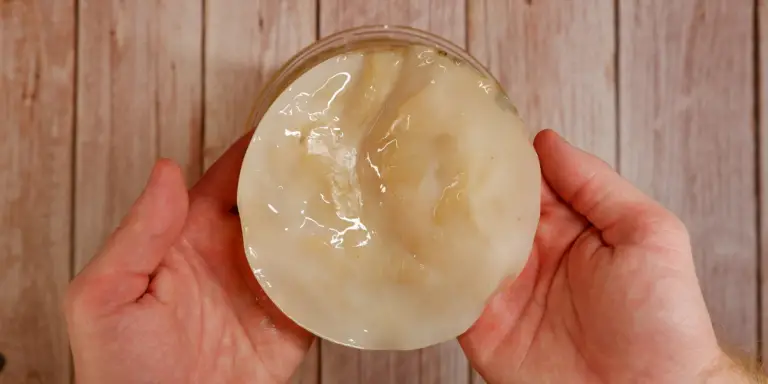Can You Use Earl Grey Tea For Kombucha? The Final Answer!
There is a discussion in the Kombucha community about using Earl Grey tea to brew Kombucha. Some people say it is okay, while others say it will kill your beloved SCOBY. So what shall we Earl Grey enjoyers do?
Can you use Earl Grey Tea to brew Kombucha? You can use Earl Grey tea when brewing Kombucha on both the first and the second fermentation, as long as you take the appropriate measures, like having a SCOBY hotel or a backup SCOBY.
These measures will help if something goes wrong with your Earl Grey fermentation, as you will still have other SCOBYs. Having a backup applies to this case and any situation when you are experimenting with something new.
Why do some people say you can’t use Earl Grey to brew Kombucha? Earl Grey tea has bergamot oil in its composition, known for having antibacterial effects, so many believe it could be harmful to your SCOBY. But the amount of bergamot oil in Earl Grey makes it safe for kombucha brewing.
Here is all the information you need to know to be able to brew a fresh batch of Kombucha using Earl Grey tea and open your world to a new variety of flavours.
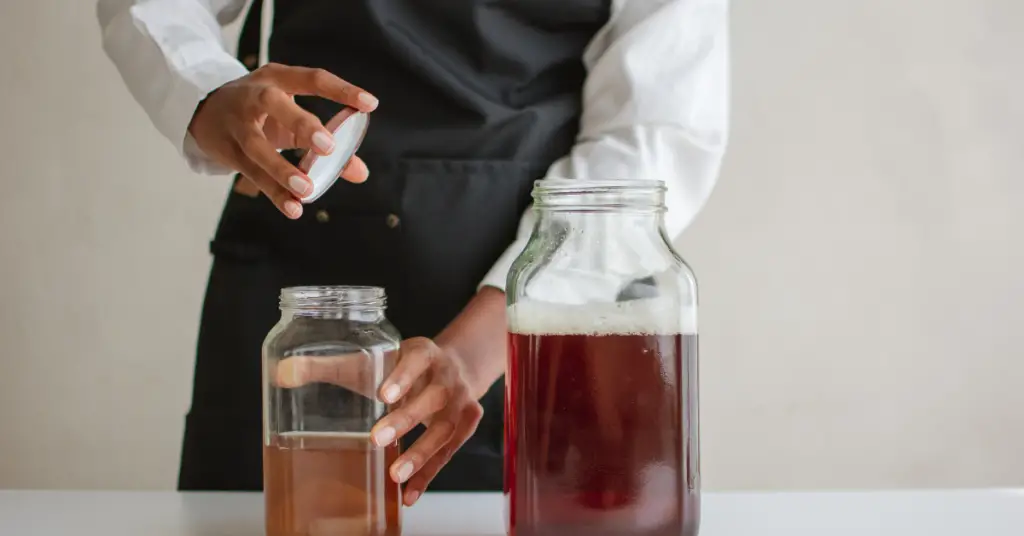
What Is The Risk Of Using Earl Grey In Your First Fermentation (F1)?
On this topic, I will write a more straightforward explanation of why Earl Grey might hurt your SCOBY. If you are into science and studies and want a full scientific explanation, scroll below to the last topic.
Earl Grey tea has bergamot oil in its composition, known for its antibacterial effects. A few studies indicate that popular beliefs about its uses are correct; bergamot oil does have antibacterial effects.
These results give substantial support to popular or anecdotal beliefs in the effectiveness of treating skin and mucosal infections with bergamot oils.
Journal of Antimicrobial Chemotherapy, Volume 59, Issue 2, February 2007, Pages 305–308, https://doi.org/10.1093/jac/dkl473
So, in summary, the risk is adding a tea that has oil with antibacterial properties could kill your SCOBY.
Another reason people say Earl Grey is no good for brewing kombucha is that the added oils will remain on top and inhibit your SCOBY from fermenting properly.
Both of those trains of thought don’t consider the amount of bergamot oil added to your fermentation. The amount of oil in Earl Grey tea is really small, and there were no studies on Earl Grey tea and its effects on the SCOBY. All the studies were done in vitro and in specific conditions that are not the same as the environment of brewing kombucha.

I believe the best way to learn about something is by testing it, trying it, and experimenting. And, if you don’t want to do all of this yourself, another good start is to talk to people that already did. What leads us to the next topic…
What Does The Community Say About It?
The kombucha community is divided on this topic. Some people say it is harmful to your SCOBY, and some say they did it and that their Kombucha was delicious and their SCOBY was fine.
The main difference I noted between those against Earl Grey being used to brew Kombucha and those in favour is that everyone against it never tried it, so they have the theory to back them up but not practical knowledge.
On the other side, there are many stories of successful Kombucha brewed with Earl Grey. Here are a few comments from successful brewers. Of course, there are many more where this came from.
Ways To Protect Your SCOBY
If you are still worried, here are two ways to protect yourself from hurting your SCOBY.
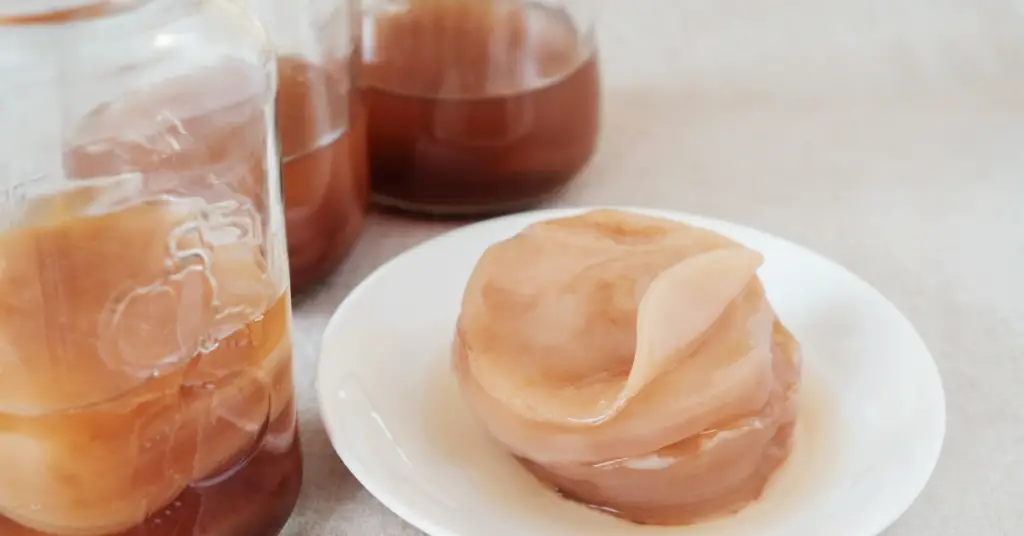
The first way to protect your SCOBY was already said a couple of times in this article, but there is not enough repeating for this:
If you are going to experiment with new teas, fermentation times, sugar ratios and so on, always have a backup SCOBY!
The second thing is the quality of the tea. And I know this applies to any tea you are using, but if you are experimenting with something new, having the best ingredients you have access to, makes the process smoother.
What If I Don’t Have A Backup SCOBY?
Another option, if you don’t have a backup SCOBY, is to brew the Kombucha as you usually would, using regular black tea, and add the Earl Grey tea to your second fermentation. The goal of the second fermentation is to flavour it and make it fizzy. And when you have an extra baby SCOBY, you can try using Earl Grey in the first fermentation. It is worth experimenting with both ways, as the results will differ.
The Scientific Explanation. The Risk Of Using Earl Grey In Your First Fermentation (F1)
Below are the studies used as a reference for this article. Click the links to read the full articles.
There was a study in the Journal of Antimicrobial Chemotherapy about bergamot oil being used to treat dermatophytoses.

Dermatophytoses are “fungal infections of the skin and nails caused by several different fungi and classified by the location on the body” (Denise M. Aaron, MD, Dartmouth Geisel School of Medicine).
The conclusion of the study is below.
Conclusions: Data from this study indicate that bergamot oil is active in vitro against several common species of dermatophytes, suggesting its potential use for topical treatment of dermatophytoses.
Journal of Antimicrobial Chemotherapy, Volume 59, Issue 2, February 2007, Pages 305–308, https://doi.org/10.1093/jac/dkl473
Another study, “Evaluation of the Antibacterial Activity of Bergamot Essential Oils on Different Listeria Monocytogenes Strains“, researched the efficacy of bergamot oil against bacteria.
Here is the conclusion of the study
In conclusion, on the basis of our results, the different BEOs [Bergamot Essential Oils] activities registered are mostly related to individual susceptibility of bacteria. Considering the extreme variability of Listeria monocytogenes’s response to BEOs action, it is recommended to estimate their efficacy on a significative number of pathogenic strains in order to prospect a concrete employ in food industries as a valid natural alternative for the bio-control of the pathogen.
Ital J Food Saf. 2016 Sep 20; 5(4): 6176. Published online 2016 Dec 1. doi: 10.4081/ijfs.2016.6176
That means that in the amounts and concentrations used in the study, bergamot oil act to reduce or destroy the fungus.
These results give substantial support to popular or anecdotal beliefs in the effectiveness of treating skin and mucosal infections with bergamot oils. The only other data in the literature on the antimycotic action of bergamot oil are those of Hammer et al.,24 who investigated the susceptibility of a single isolate of Candida albicans to NE.
Journal of Antimicrobial Chemotherapy, Volume 59, Issue 2, February 2007, Pages 305–308, https://doi.org/10.1093/jac/dkl473
As we know, SCOBY means “symbiotic culture of bacteria and yeast”, so after reading the results, we can conclude that bergamot oil might hurt your SCOBY. But, it is essential to keep in mind that the amount of bergamot oil on Earl Grey is small (like, really, really small), and the chances of hurting your SCOBY, albeit possible, are minimum.
Conclusion
The Bergamot Oil (the oil present in Earl Grey tea) has some studies showing antibacterial/antifungal properties. Still, the oil amount in Earl Grey is minimal, so the chances of hurting your SCOBY are small.
Many people have been using Earl Grey to brew their Kombucha successfully. But a way to protect yourself in case something goes wrong is to have a backup SCOBY.
And, as always, the rule of fermenting and brewing is to experiment! Try it! Try it again! Do it your way!
And, if you are up to it, share your experience with us 🙂

